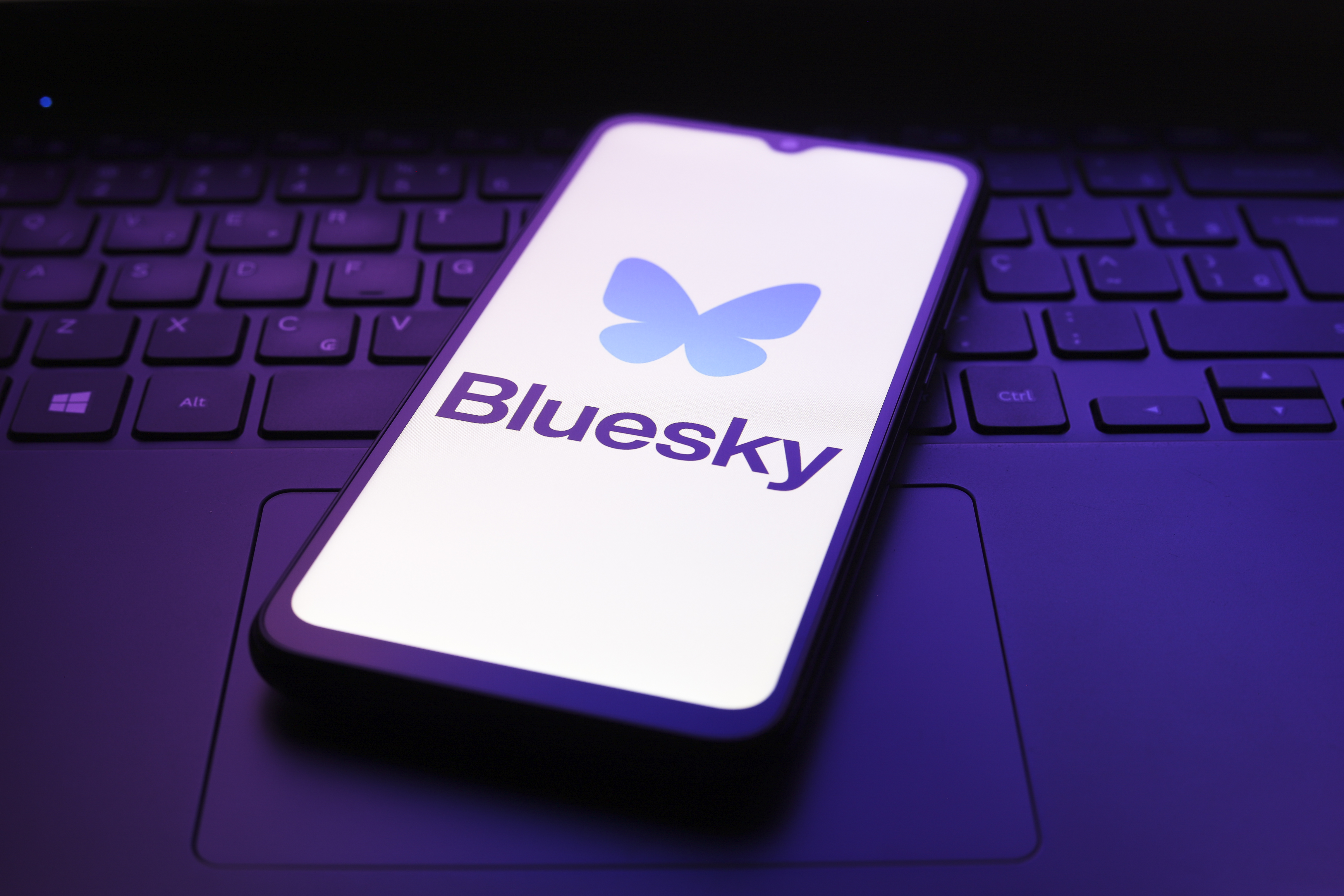
While calls have grown louder to change the order in which states make their presidential primary picks, America doesn’t seem overwhelmingly concerned with the stranglehold Iowa and New Hampshire have on the start of the nomination process.
According to a new poll from LX and Morning Consult, 59% of U.S. adults say they’re satisfied with Iowa getting the first caucus and New Hampshire getting the first primary every four years, despite the fact that 59% of respondents also say the early voting states do not represent their views well.
Subscribe to the NBC LX YouTube channel for more impactful stories from your community.
The poll also explored voter engagement, and what changes could get people more likely to vote.
One-third of respondents said they'd be more likely to vote if election day was held on a weekend, instead of the traditional Tuesday. Only 6% said they'd be less likely to vote on a weekend.
The majority of respondents said convenience features were important to determine whether they would vote, including the convenience of the polling place (76% said it was somewhat important or very important), waiting time at the polling place (65% somewhat or very important) and ease of using the voting booth (75% somewhat or very important).
U.S. & World
For the question of voting state order, African American respondents expressed the least satisfaction with Iowa and New Hampshire’s prominence, with only 50% saying they were either very satisfied or somewhat satisfied with the mostly white states taking the lead in the presidential primary process. Hispanic respondents indicated the highest satisfaction rate (65%), followed by white respondents (61%), then those who identified as other races (52%).
Feeling out of the loop? We'll catch you up on the Chicago news you need to know. Sign up for the weekly> Chicago Catch-Up newsletter.
Iowa and New Hampshire skew older and less religious than most other states, according to census data, and enjoy lower-than-average unemployment and poverty rates, according to data analytics company ESRI.
Democratic candidate Michael Bloomberg argued in a CNN op-ed published Monday that the current electoral system — “in which two early states dominate the candidates’ time and resources — is in urgent need of reform.
“The Democratic Party reflects America’s incredible diversity. But the first two voting states, Iowa and New Hampshire, are among the most homogenous in the nation….what about African-American, Latino, Asian American, Pacific Islanders, and other voters in places like Detroit, Montgomery, Phoenix, and Houston? I’ve visited them all recently, and almost to a person, voters tell me the other campaigns have no presence in their cities,” Bloomberg wrote.
Other early-nominating states include Nevada, which has a large Hispanic population, and South Carolina, whose Democratic population is largely black.
The January LX/Morning Consult poll of 2,200 U.S. adults between the ages of 18 and 73 was conducted online Jan. 3-6. The survey’s margin of error is +/- 2 percentage points. Find the full results here.
The poll also found Republicans were more satisfied with state voting order than Democrats, by a 70-56 margin; 68% of independents, who cannot caucus in Iowa but are allowed to cast primary ballots in New Hampshire, responded that their views were not well-reflected by the first caucuses and primaries.
LX recently explained how Iowa and New Hampshire gained such electoral prominence in the second half of the 20th century, and why no other state has been able to take away their oversized influence on the presidential nomination process.
Some have argued that the early focus on Iowa and New Hampshire draws attention from issues important to other states.
“There is a diversity (in Florida) that I don’t think we can find in any other place,” said Tomás Regalado, the Republican mayor of Miami from 2009-2017, who subsequently served as President Donald Trump’s director of the Office of Cuba Broadcasting. “We have every (ethnic) community you can think of.”
Regalado says many of the issues most important to Florida voters — who will be courted heavily leading up to November — transcend partisan politics. But because the big, diverse swing state doesn’t vote until March 17, those important issues don’t get enough attention from presidential candidates.
“The candidates are doing a disservice to the future of...the United States by not having a conversation about Latin America...climate change…firm but fair immigration reform,” Regalado said. “I don't think people in Iowa or New Hampshire really understand what (it’s like) to be working as a doctor in one country, then you’re cleaning baths here.”
While the poll was in the field, LX was speaking to voters in Florida about key issues and their voting opinions, as part of LX’s mission to deliver rich storytelling around important issues.
“(Politics) is honestly life and death at this point,” said Parvati V., a half-Dominican, half-Filipina 21-year-old who asked that her last name not be shared because of the divisive political climate. “People are so tired of living paycheck-to-paycheck...that’s why you’ve just got to be as active in politics as possible.”
She recently started volunteering for the Bernie Sanders campaign in Miami, she says, because so many members of her family and community are struggling with affordable housing, living wages and finding a path out of despair.
“I’m tired of not being able to go to the doctor, and so is my sister and my mom (because of what it costs),” she said. "I’m tired of being in constant fear of rent prices; dealing with constant anxiety.”
Parvati had to forgo college because her mother and sister are saddled with debt from medical bills and living expenses, so she commutes 90 minutes each way, every day, by train and bus to work a job that pays for the small studio apartment that the three of them share.
The one-room apartment is a step up from the homeless shelter the three of them lived in for many years.
“It’s a lot of weight,” she said. "Any system that makes the child think about what (life) is going to be like once that parent dies because ‘I won’t have to pay for my mom’s livelihood anymore’…is really cruel.”
Young voters were actually more likely to indicate satisfaction with the Iowa and New Hampshire traditions: 52% of Generation Z (ages 18-22) and 47% of Millennials said early states represent their views well, compared to just 41% of Generation X (ages 39-54) and 36% of Baby Boomers (ages 55-73).
Regalado suggested it may be because younger voters are more engaged than ever and feel like the traditional impact of Iowa and New Hampshire results may not matter as much this year.
Political activism isn’t new in Miami, but it’s been mostly grassroots so far in this presidential race; other than Trump, visits from leading presidential candidates to the Sunshine State are not common this early in the campaign cycle.
And last week, LX/Morning Consult released results from another poll question, revealing a majority of U.S. adults favored a full Senate impeachment trial for President Trump, rather than just waiting until voters could decide his fate in November. Younger adults were the most likely to support a Trump trial.
LX is NBCUniversal Owned Television Stations’ division new digital news brand and soon-to-launch over-the air and streaming network. LX, or local X, stands for the exponential possibilities of storytelling in our communities. For more information about LX, visit LX.com, subscribe on YouTube and follow on Twitter, Instagram and Facebook @NBCLX and #NBCLX.
Morning Consult is a global data intelligence company delivering insights on what people think in real time. By surveying tens of thousands across the globe every single day, Morning Consult is unmatched in scale and speed: It determines the true measure of what people think and how their decisions impact business, politics and the economy. Industry leaders rely on Morning Consult’s proprietary technology and analysis for real-time, intelligent data to transform information into a competitive advantage.



